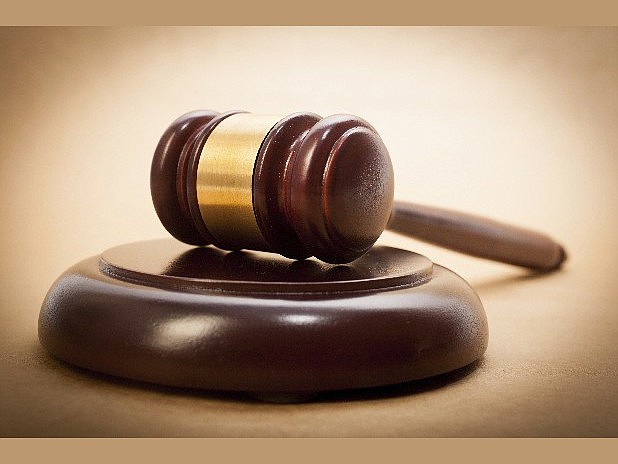MONTGOMERY, Ala. (AP) - A lawsuit is seeking to ease Alabama's restrictions on absentee ballots and in-person voting during the COVID-19 pandemic, including to allow early voting as a way of mitigating transmission risk at the polls.
The League of Women Voters of Alabama and eight voters over age 60 filed the lawsuit Thursday in Montgomery against Secretary of State John Merrill and others. Instead of seeking permanent changes, the plaintiffs are asking that public officials use their emergency powers to ease restrictions during the pandemic.
The lawsuit asks to allow "no excuse" absentee voting in the fall election, waive photo identification and witness requirements for absentee ballots, to allow early voting and adopt other safeguards for in-person voting.
"The unexpected risks posed by (COVID-19) challenge our election system to the utmost. Today, we ask that Alabama's courts use Alabama's laws to make it safe and possible for all citizens to vote," Barbara Caddell, president of the League of Women Voters of Alabama, said in a statement.
The lawsuit described plaintiffs' health concerns about potentially crowded polling places and their difficulty of voting absentee under current rules.
Lucinda Livingston, a 63-year-old Montgomery grandmother with heart and lung problems, has sequestered herself at home during the outbreak. She would like to vote by absentee ballot but does not have a photocopier at home to copy her ID and no way to safely get her absentee ballot notarized or signed by witnesses, the lawsuit stated. Alabama absentee voters are currently required to submit photocopies of their photo identification in addition to signing the absentee ballot before a notary or two witnesses.
Alabama normally allows absentee ballot voting only if a person is sick, out-of-town, working a long shift or incarcerated.
Merrill announced earlier this year that people voting in the July 14 runoff can vote by absentee if they fear COVID-19 transmission at the polls. However, that is not being extended to the November general election which is expected to have much higher voter interest with the presidential and U.S. Senate race on the ballot.
Merrill on Friday said he is confident in the steps the state has taken. He said masks, sanitizers, gloves and other protections will be used by poll workers.
"I feel good about where we are and what we've done and how we have responded," Merrill said.
Asked about the prospect of coronavirus concerns remaining during the fall, Merrill replied if there are concerns, they will address them then.
The case is separate from a federal lawsuit filed by the NAACP Legal Defense and Educational Fund, the Southern Poverty Law Center and the Alabama Disabilities Advocacy Program that contends Alabama's election procedures jeopardize the health of voters - especially older and black voters and those with disabilities - during the coronavirus outbreak.
The Justice Department argued in a court filing that Alabama's absentee witness requirement does not violate the Voting Rights Act. The department did not take a position on any of the plaintiffs' other claims.
Concerns over the coronavirus being spread at the polls have prompted some states to push to expand mail-in voting options and sparked partisan debate over the idea in others.
For most people, the new coronavirus causes mild or moderate symptoms, such as fever and cough that clear up within weeks. For some, especially older adults and those with existing health problems, it can cause more severe illness and be life-threatening.
